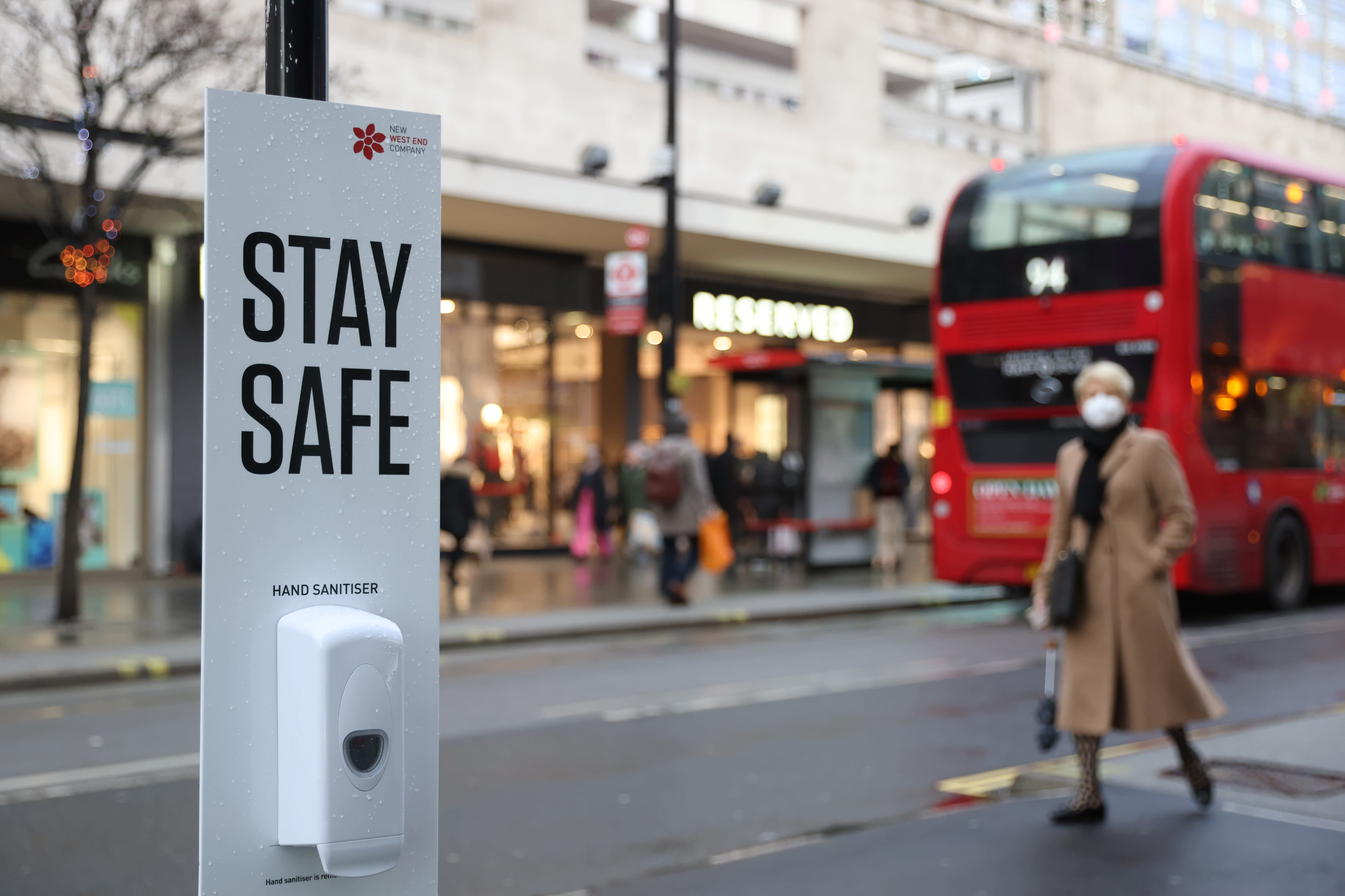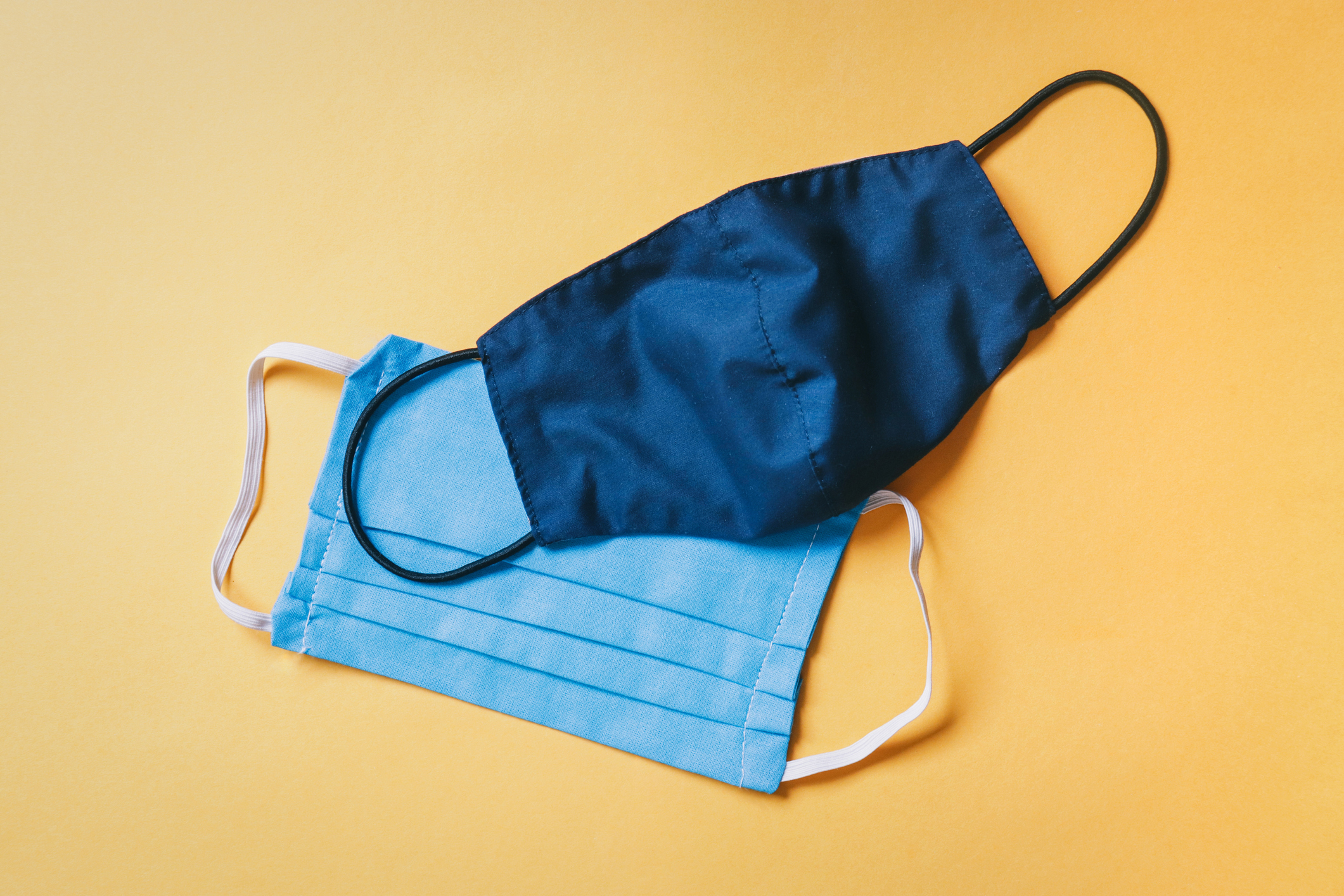The weekly average of new coronavirus infections in Philadelphia is the highest it has been since the pandemic began, a problem exacerbated by a lack of test kits and burned-out health care workers.
As of Tuesday, Philadelphia was averaging 1,780 new COVID-19 infections per day, according to the New York Times’ coronavirus case tracker. The previous record, set Dec. 8 of last year, was 1,235 new cases a day, the Philadelphia Inquirer reported.
“The health care workers in this country and around the world are, as a whole, pretty burned-out. The staffing is difficult. It’s difficult to keep full staff everywhere,” Dr. José Torradas, a Philadelphia emergency room doctor, told NBC10.
The latest surge is being driven primarily by the highly transmissible omicron variant. The variant accounted for nearly 59% of infections in the United States for the week between Dec. 19 and Dec. 25, according to data from the Centers for Disease Control and Prevention.
Get top local stories in Philly delivered to you every morning. Sign up for NBC Philadelphia's News Headlines newsletter.
Though early studies suggest omicron causes milder symptoms than delta – the previously dominant strain in the U.S. – it is nonetheless causing people to head to strained hospitals and urgent care facilities, which are dealing with infections among their own staff.
“We have nurses that are testing positive that are being put out on quarantine or they’re symptomatic. Meanwhile, what we’re dealing with is a nursing shortage,” Temple University Hospital emergency room nurse Maureen May said.
The CDC responded late last week to rising infections among health care workers, allowing those who test positive for the virus to return to work after seven days if they test negative and do not have any symptoms. The previous quarantine period was 10 days.
Similarly, the CDC this week cut the isolation period for infected members of the general public and their close contacts from 10 days to 5.
Rochelle Walensky, the agency’s director, said the change in guidelines was made to “make sure there is a mechanism by which we can safely continue to keep society functioning while following the science." Some doctors, however, have labelled the move as “reckless.”
Meanwhile, the country is also dealing with a shortage of COVID-19 test kits, which has caused people to wait in long lines to get tested.
The Philadelphia Department of Public Health has responded by instructing people who think they’re infected but can’t get a test to assume they’re infected and isolate from others for five days. After that, the agency recommends people wear a mask around others for five more days after coming out of isolation.
“We can beat this wave of COVID, but we need to get back to doing the things that kept us safe during previous waves: don’t gather indoors, wear your mask when around others, stay home even if you feel a tiny bit sick,” Philadelphia Health Commissioner Dr. Cheryl Bettigole said in a news release this week.
Health experts recommend people get vaccinated for the virus and receive their booster shot. Though that may not prevent so-called breakthrough infections among the vaccinated, vaccinated individuals are less likely to experience severe symptoms or death.
“The worst part of this surge should be over in a few weeks and we should soon have more tests available to let us test to ensure safety before gathering. But right now is a time for extreme caution,” Bettigole said.
If you would like to receive a COVID-19 vaccine, you can find a location near you using this tool.



